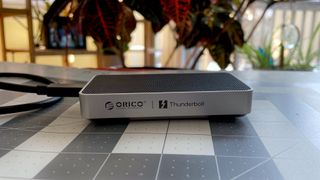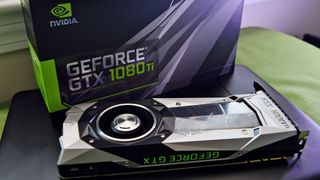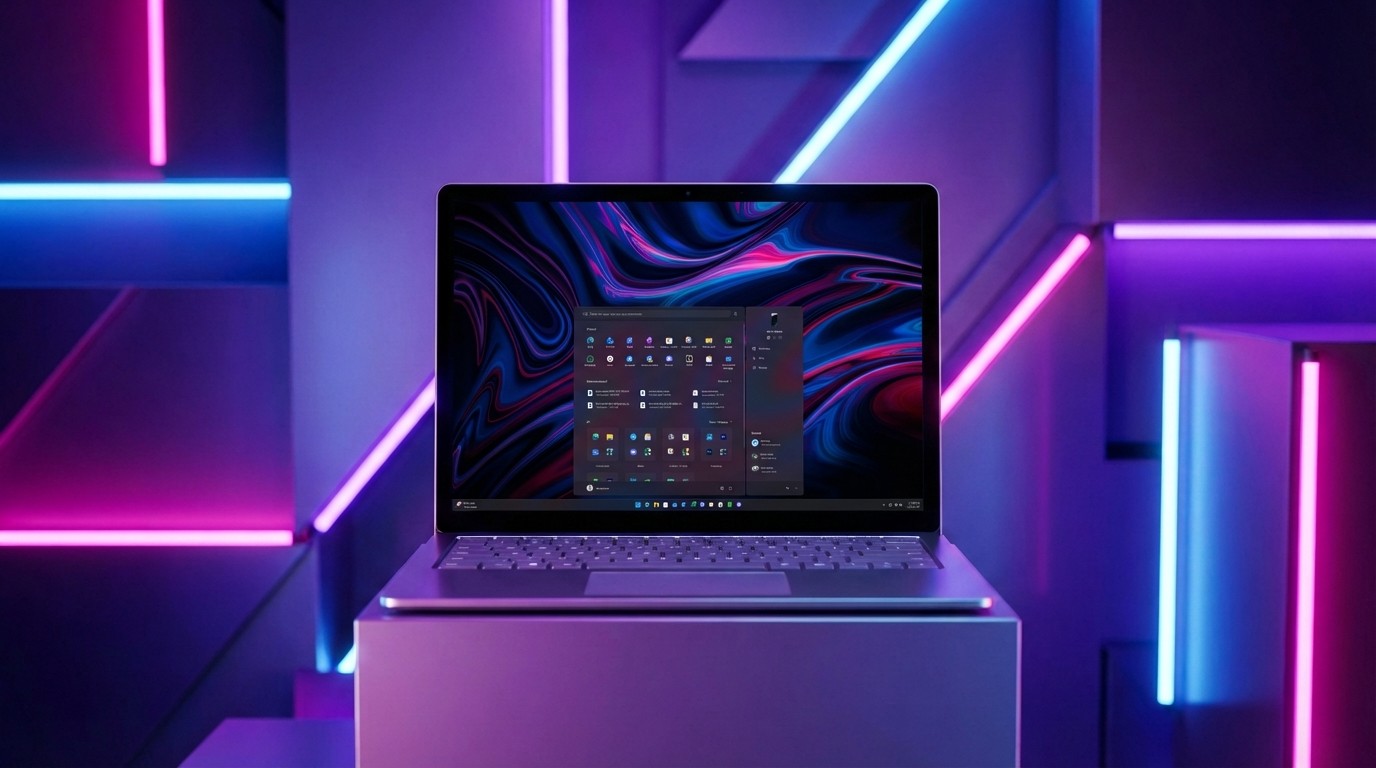Explore Desktops
Latest about Desktops
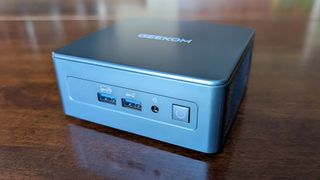
This highly rated mini PC drops below $600 for an easy recommendation
By Alexander Cope published
Deals The Geekom IT13 mini PC, with 16GB of RAM, a max CPU clock speed of 4.8 GHz in its Core i5 CPU, is now on a 29% discount exclusively on Amazon.

Western Digital shifts supply to AI, leaving consumers short
By Adam Hales published
News AI infrastructure demand is reshaping the storage market, as Western Digital confirms firm orders through 2026 and long-term agreements stretching into 2028.
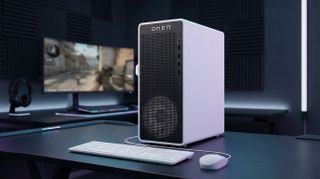
Why this OMEN 16L pre‑built is a smarter buy than building your own right now
By Alexander Cope published
Deals Best Buy has secured a 14% President's Day discount on the HP Omen 16L, a mid-range pre-built desktop equipped with increasingly rare and valuable hardware specs crucial for optimal PC gaming.
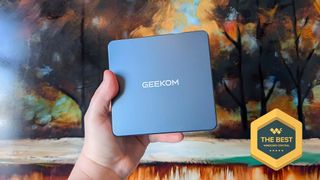
Forget a full tower — these mini PCs are the best we've tested
By Cale Hunt last updated
PC Mini PCs are an excellent alternative to full-size desktop PCs, eliminating empty space inside a tower while also keeping the price way down. Here are the best we've tested so far at Windows Central.
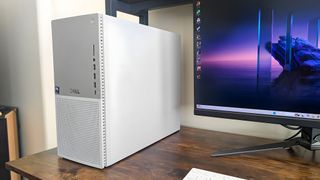
These pre-built desktop PCs are the best we've tested
By Cale Hunt last updated
Hardware Pre-built PCs come in many shapes and sizes, from budget options for homework to premium builds with power for gaming. Here are the best we've reviewed.
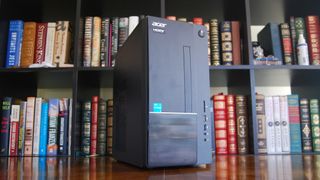
You don't have to spend a lot to get a quality desktop computer
By Cale Hunt last updated
PC Desktop computers aren't known for being cheap, but there are affordable options that pack a punch. My top picks will help you find your next budget PC.
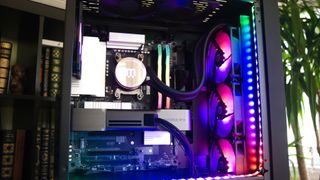
These pre-built PCs are ideal for playing Flight Simulator
By Ben Wilson, Cale Hunt last updated
PC Gaming Flight Simulator is the premier title for anyone who loves to fly, and having the right PC for the job can make all the difference. Here are my favorites.
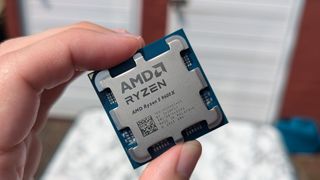
One of the best budget CPU upgrades is now cheaper than $200
By Alexander Cope published
Deals Amazon has acquired a special 34% discount for the AMD Ryzen 5 9600X, making one of the most affordable and power-efficient CPUs for PCs with RTX 4080 graphics cheaper than ever.
All the latest news, reviews, and guides for Windows and Xbox diehards.
